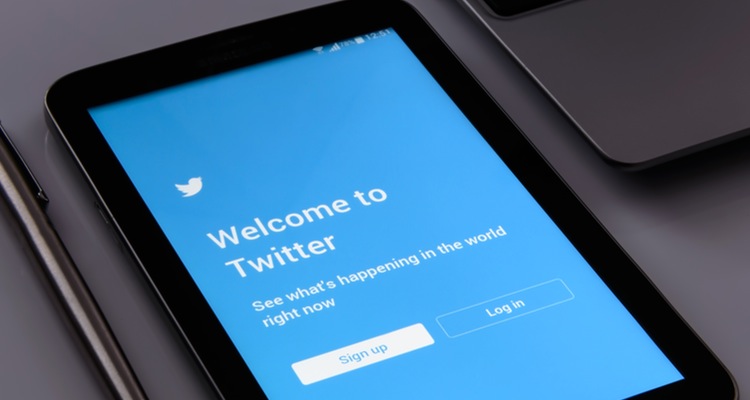
Photo Credit: pexels
Jack Dorsey might be onto something. The controversial Twitter CEO recently shared his thoughts on Twitter’s vision for a truly decentralized network, and the cornerstone of that vision is an app store for social media algorithms. If you use Twitter as your social network of choice, says Dorsey, you could choose from a cornucopia of potential social media algorithms to determine what you see on a daily basis. That’s actually a profound and potentially radical statement – it implies that a user could opt-out of the Twitter social media algorithm (which, presumably, would still be the default option for any new user) and choose a social media algorithm from a potential rival or competitor.
Flexibility and choice
So why in the world would Jack Dorsey ever promote the idea of using a rival social media algorithm? The official PR spin on this vision for a decentralized social media network is that it would provide users “ultimate flexibility” in how they use the platform. It’s all about giving loyal Twitter users “more choice.” For example, if you are getting tired of all the political content appearing in your Twitter feed, you could just as easily switch over to a new politics-free social media algorithm that would effectively mute all the political conversations happening around you on Twitter.
Section 230
But could there be another factor at work here? Remember – the Trump administration had threatened to roll back Section 230 protections for Twitter. If that ever happened, then Twitter would be held to much higher standards than is the case now. If Section 230 protections ever expire for Twitter, the company would potentially be exposed to all sorts of lawsuits and would be held liable for any content appearing on its platform. In short, Twitter would become a “publisher” and not a “platform,” and that might pose an existential crisis for the social network.
Thus, by touting the idea of a decentralized network and the whole notion of an app store for social media algorithms, Jack Dorsey is essentially re-establishing the legal framework for how people would be forced to think about Twitter. How could you possibly call Twitter a “publisher” if all the algorithmic choices of what content to mute, censor or block is coming from someone else? And how could you hold Twitter responsible for content appearing on its platform if everything is decentralized and Twitter HQ is not involved at all?
Will it really work?
The big question, however, is whether this whole concept of a “decentralized network” would actually work. It’s not like Twitter was the first company to invent the notion of a decentralized network – back in 2016, Mastodon launched to much fanfare as a revolutionary type of decentralized network. And, if anything, Mastodon is much more of a decentralized network than Twitter could ever become. With Mastodon, you get a truly community-owned platform that is ad-free and free speech. You can publish whatever you want and follow anyone you want. Yet, if you’ve never heard of Mastodon, there’s a good reason: the network has never really gained any serious traction in the social media world.
So Twitter might face a number of issues if it ever really decides to become a decentralized network, including the fact that a highly centralized platform might splinter into tens of thousands of communities, all of them with nothing whatsoever in common. After all, Project Bluesky – Twitter’s codename for a decentralized network – actually started back in December 2019, and there has been little or no progress on it at all. Granted, there was the whole coronavirus pandemic for Twitter to deal with in 2020, but it might be naive to think that Jack Dorsey would actually relinquish control over a network that he built from scratch and that has made him one of the most powerful, wealthy and influential people in the world right now.